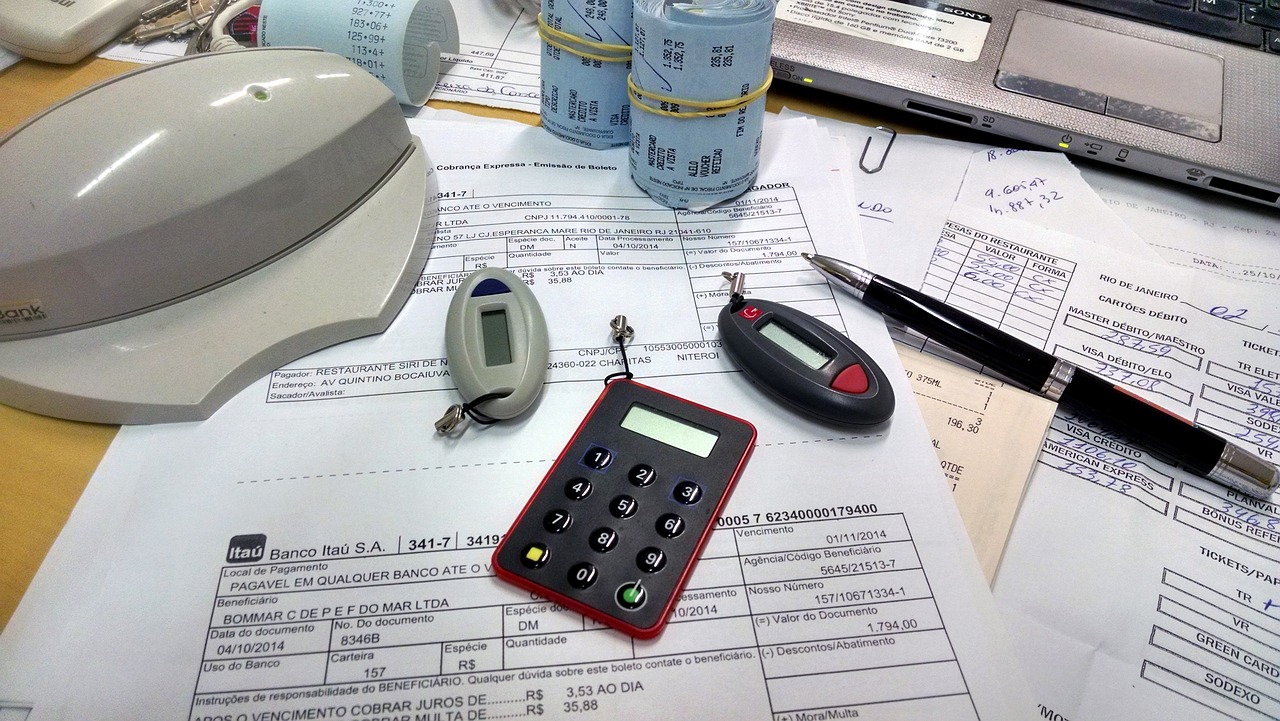In today’s fast-paced business environment, managing your finances efficiently is crucial for success. Cloud accounting streamlines your business operations by providing real-time access to your financial data, simplifying collaboration, and enhancing accuracy. Imagine being able to track your expenses and revenue from anywhere at any time, empowering you to make informed decisions that drive growth and profitability.
Real-time Access to Financial Data
Cloud accounting enables businesses to access their financial data in real-time, which significantly enhances decision-making capabilities. Finding a solution that is the best in class accounting technology and easily accessible from any device, anywhere in the world is a game changer for businesses of all sizes. With up-to-date information at their fingertips, business owners can monitor cash flow, track expenses, and analyze revenue trends instantly, regardless of their location. This immediate visibility into financial performance allows for proactive management of resources and quicker responses to changing market conditions.
Additionally, by centralizing financial information in the cloud, teams can collaborate more effectively and eliminate the delays associated with manual data entry or waiting for reports. This streamlined access not only improves accuracy but also minimizes the risk of errors typically associated with traditional accounting methods, ultimately fostering better financial health and strategic planning for the business.
Automated Processes
Cloud accounting automates various financial tasks, significantly enhancing business operations and efficiency. By utilizing automated invoicing and payment processing, companies can reduce the time spent on manual entry and follow-ups, allowing staff to focus on more strategic activities. Also, automated reconciliation of bank statements ensures that discrepancies are identified and resolved swiftly, leading to improved accuracy in financial reporting.
This technology can also generate real-time financial statements, providing insights without the need for extensive data manipulation. Furthermore, automated reminders for due payments and expenses help businesses manage cash flow more effectively, preventing late fees and enhancing vendor relationships. Overall, automating these processes not only saves time but also reduces the risk of human error, fostering a more streamlined and agile approach to financial management.
Enhanced Collaboration
Cloud computing is a key tool for many companies when it comes to collaboration because it allows team members to access and update information in real time from any location. Here’s what cloud accounting brings to the table:
- Multi-user access
- Shared documents and reports
- Real-time updates
- Role-based permissions
- Integrated communication tools
- Access from anywhere
- Audit trails
Cloud accounting allows team members to work together seamlessly from any location. Shared documents and reports promote transparency, while role-based permissions ensure that sensitive information is securely controlled. Integrated communication tools facilitate instant discussions, streamlining workflows and improving overall team efficiency, ultimately driving better business outcomes.
Scalability and Flexibility
As companies grow, their financial requirements change, and cloud accounting can accommodate this growth without the need for extensive infrastructure changes. Businesses can effortlessly adjust their subscription levels, add new users, or incorporate additional functionalities as they expand, ensuring that tools evolve alongside the organization.
This flexibility allows for rapid implementation of new features and integrations, promoting a more dynamic response to market shifts. Moreover, the cloud’s inherent mobility means teams can access financial data and tools from anywhere, facilitating remote work and collaboration, which is essential in today’s global business landscape. This combination of scalability and flexibility fosters resilience, enabling businesses to thrive in an ever-changing environment.
Improved Security
Leading cloud service providers employ advanced encryption protocols, ensuring that data is securely transmitted and stored. Furthermore, regular security updates and patches are automatically applied, minimizing vulnerabilities. Access controls allow businesses to designate who can view or edit information, reducing the risk of unauthorized access.
Audit trails track changes made to financial records, providing accountability and transparency that are essential for compliance and fraud prevention. Further, data is often backed up in multiple locations, safeguarding against data loss due to hardware failures or disasters. This comprehensive approach to security not only protects valuable information but also instills confidence among stakeholders, facilitating smoother operations.
Cost Efficiency
Cloud accounting significantly reduces operational costs for businesses by minimizing the need for expensive hardware and IT support. Traditional accounting systems often necessitate complex setups and ongoing maintenance, whereas cloud solutions operate on a subscription basis, allowing companies to scale according to their needs without hefty upfront investments.
What’s more, by automating routine tasks like invoicing and expense tracking, businesses can reduce labor costs, as employees can focus on higher-value activities rather than manual data entry. The real-time insight provided by cloud accounting also empowers better financial decision-making, leading to more informed budgeting and resource allocation. Altogether, these factors contribute to improved cost management, enabling businesses to optimize their financial resources effectively and drive overall profitability.

In conclusion, embracing cloud accounting can transform how you manage your business finances, streamlining operations and enhancing efficiency. By leveraging real-time access, automation, and improved collaboration, you can make informed decisions that drive growth and profitability. Take the next step toward future-proofing your finances and ensuring your business thrives in today’s competitive landscape.



